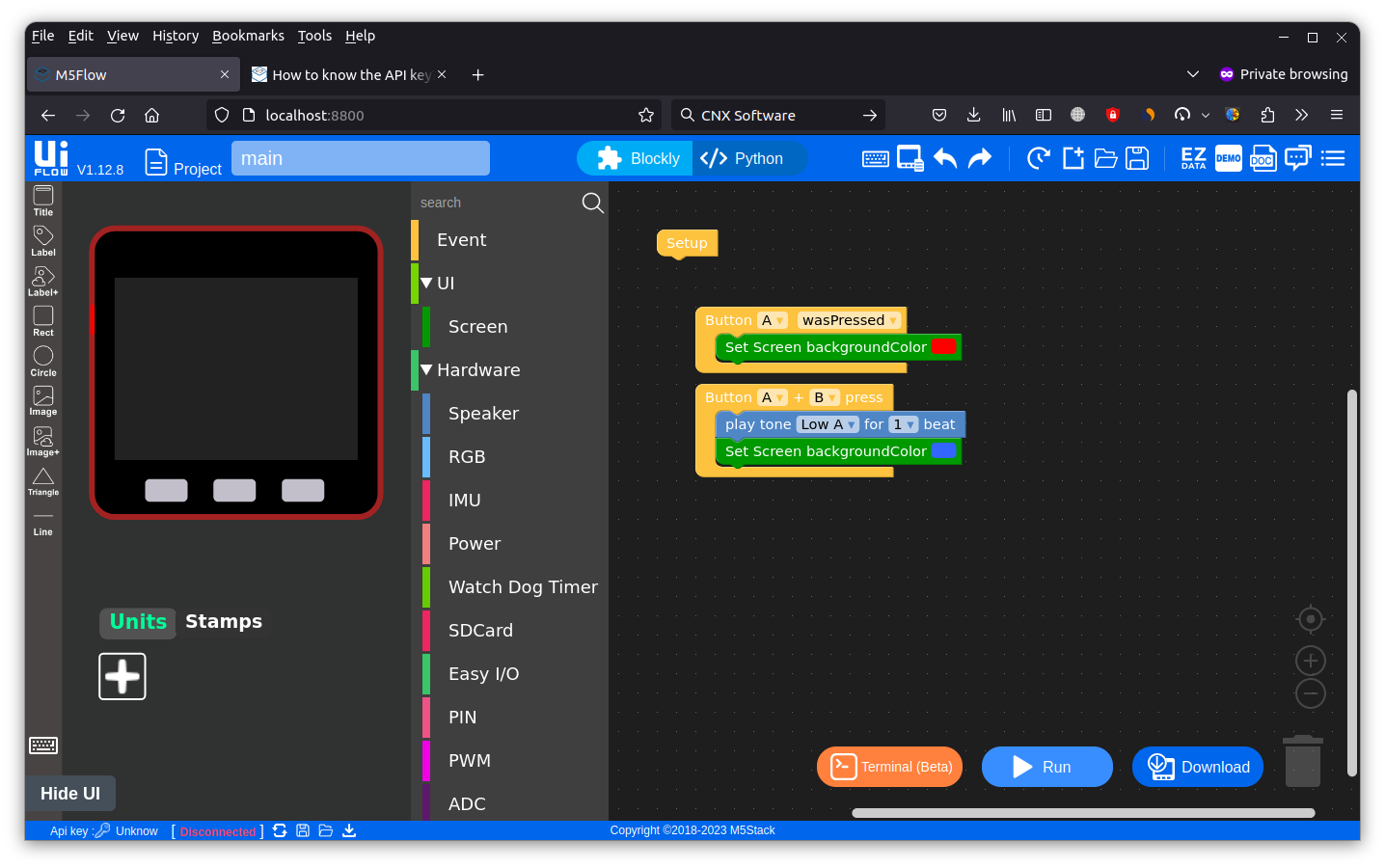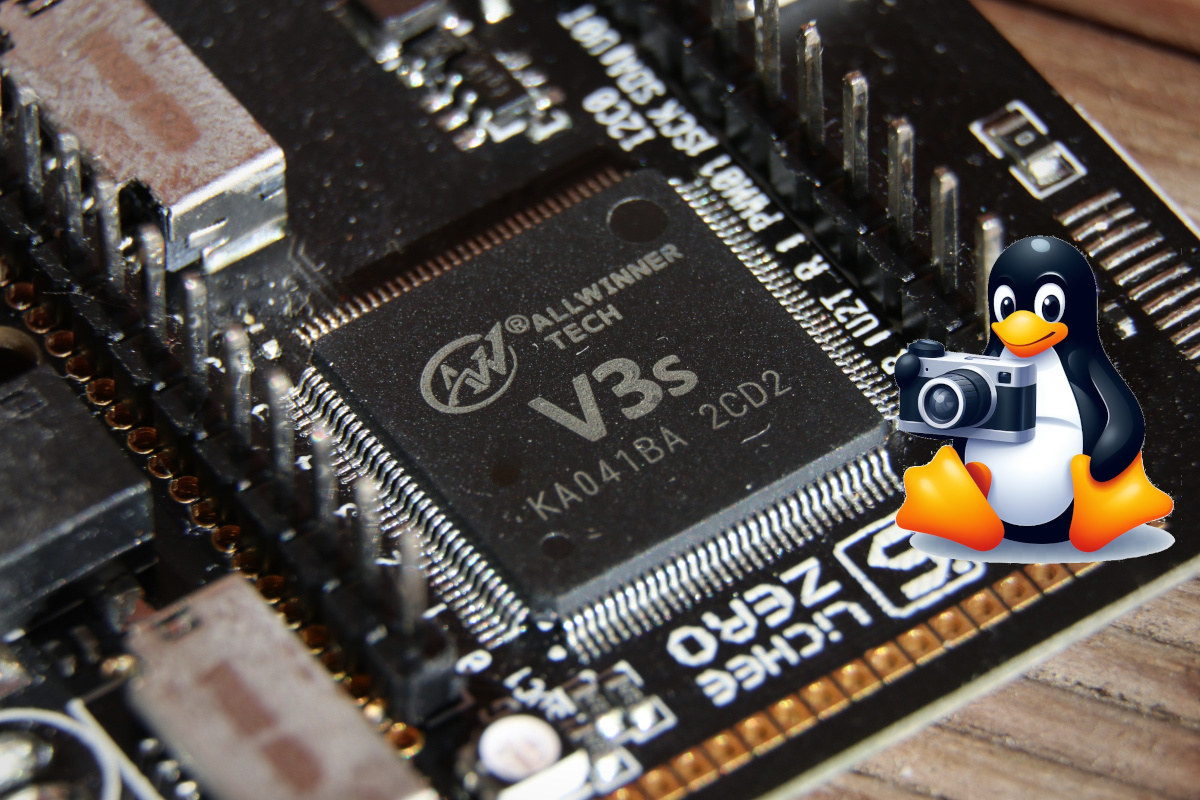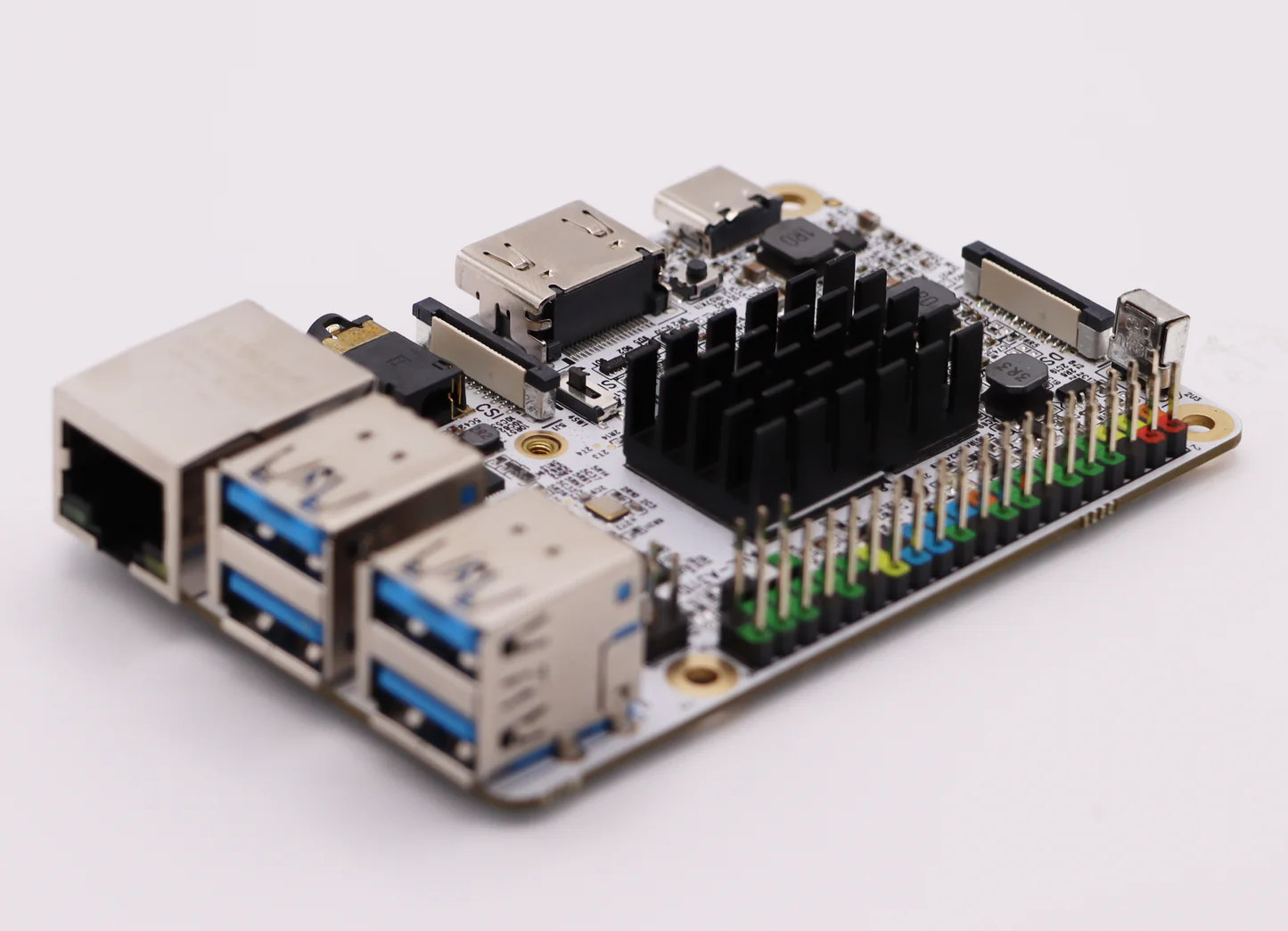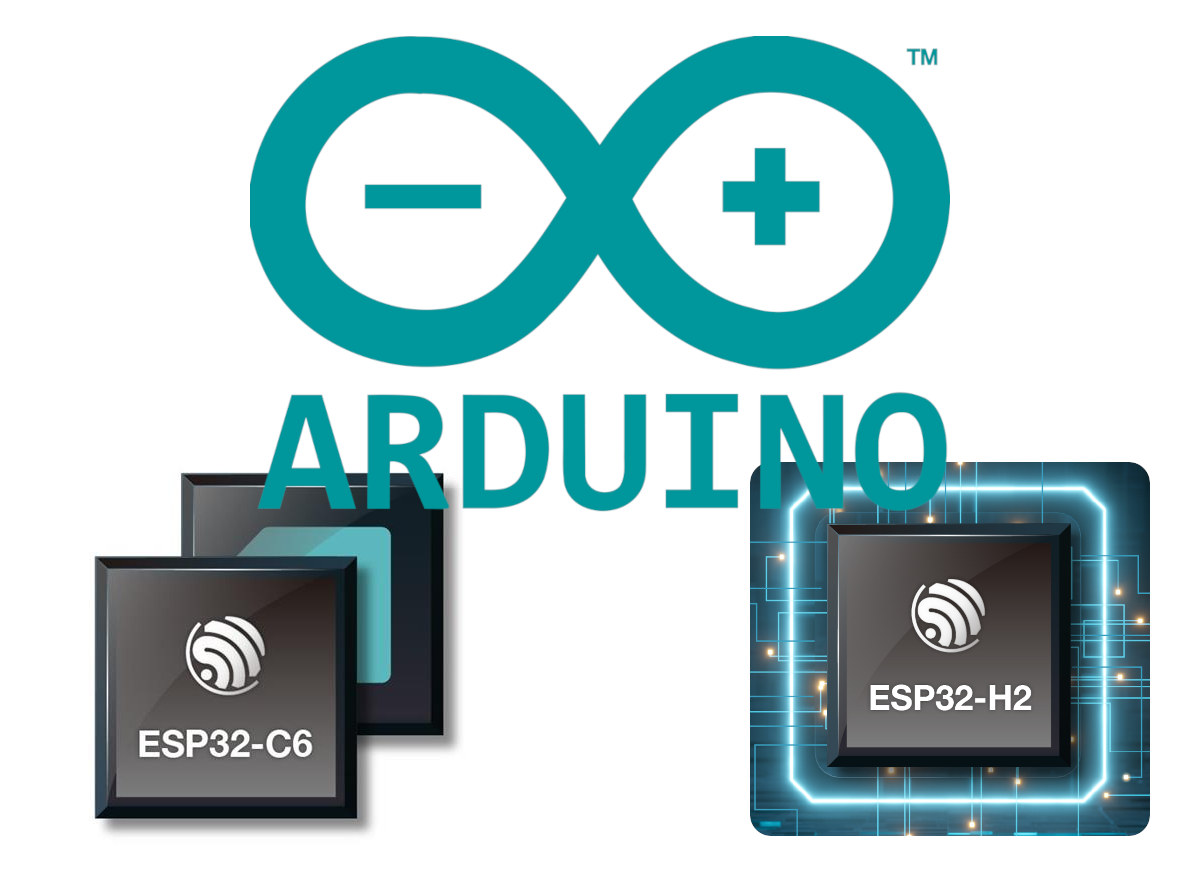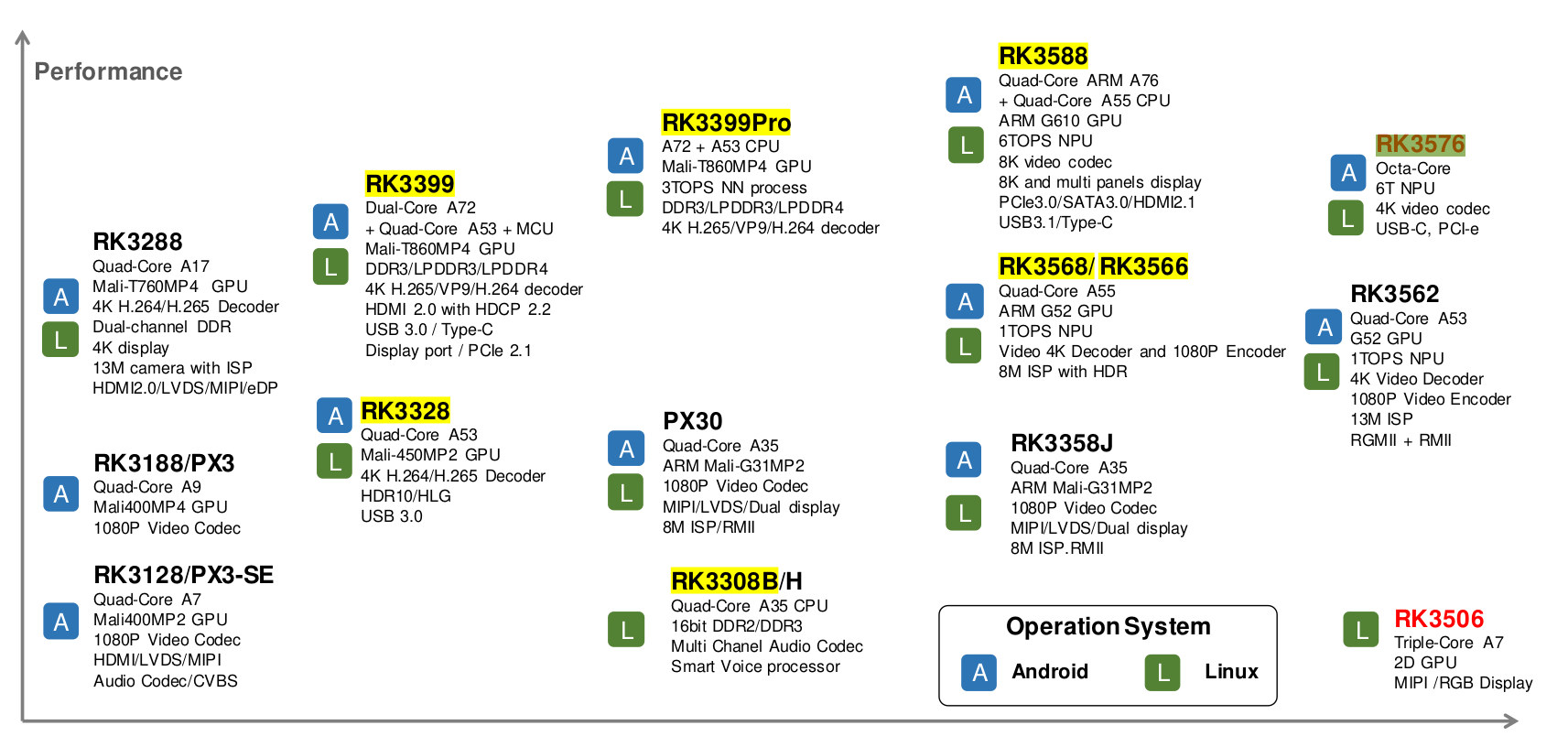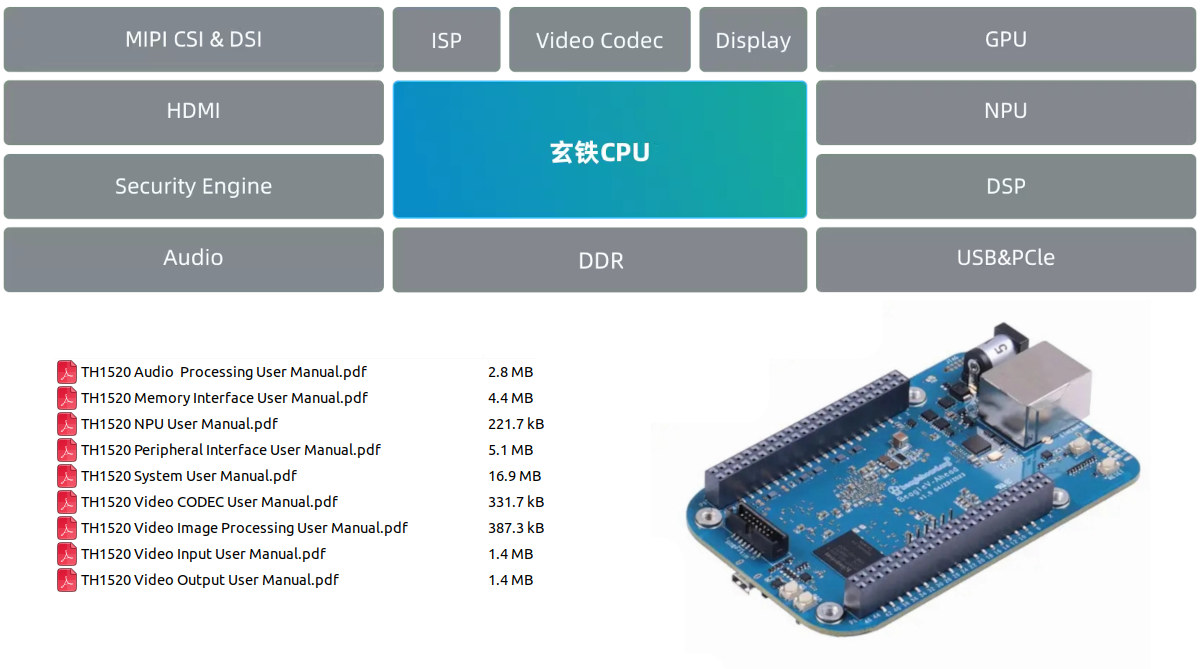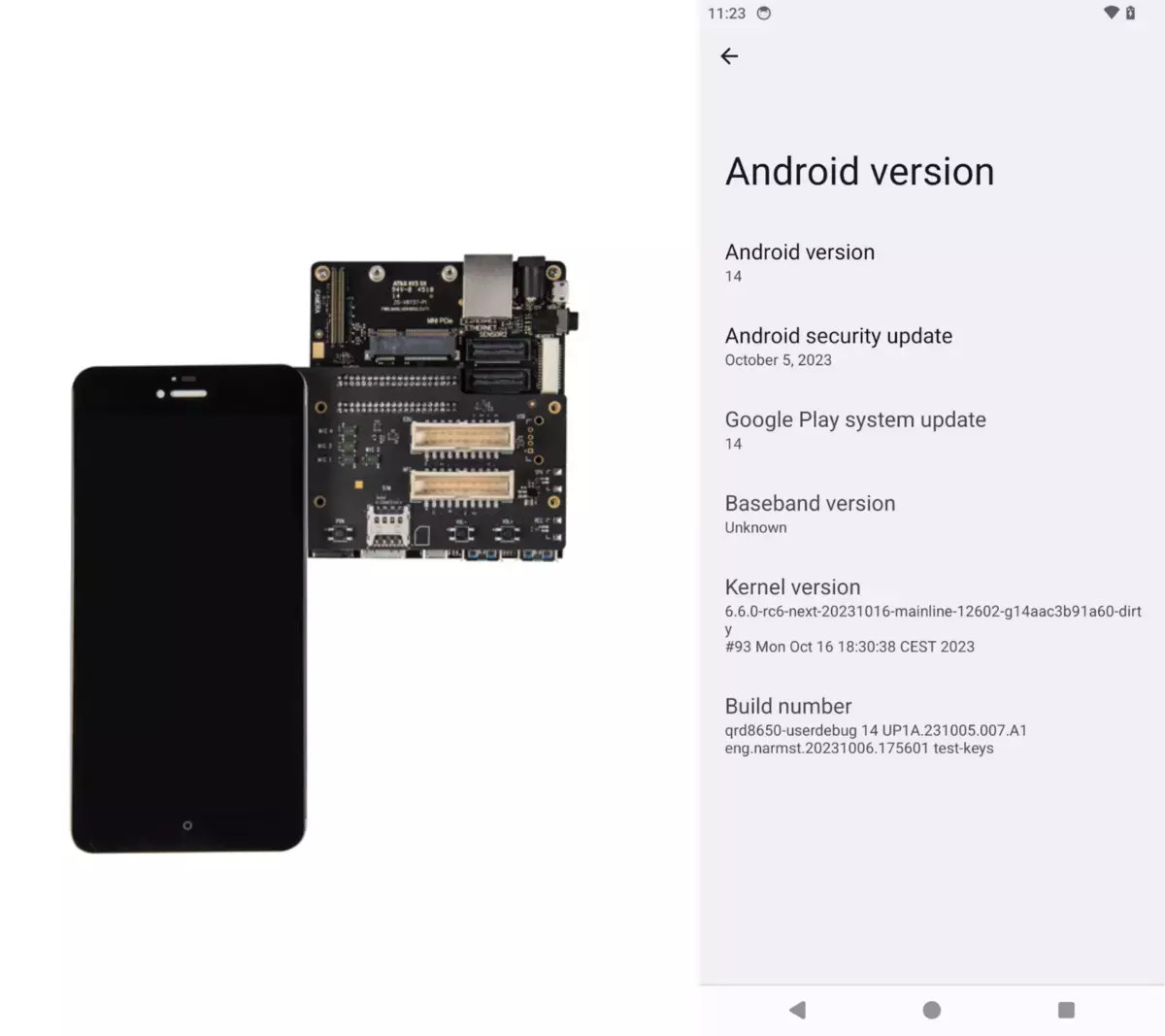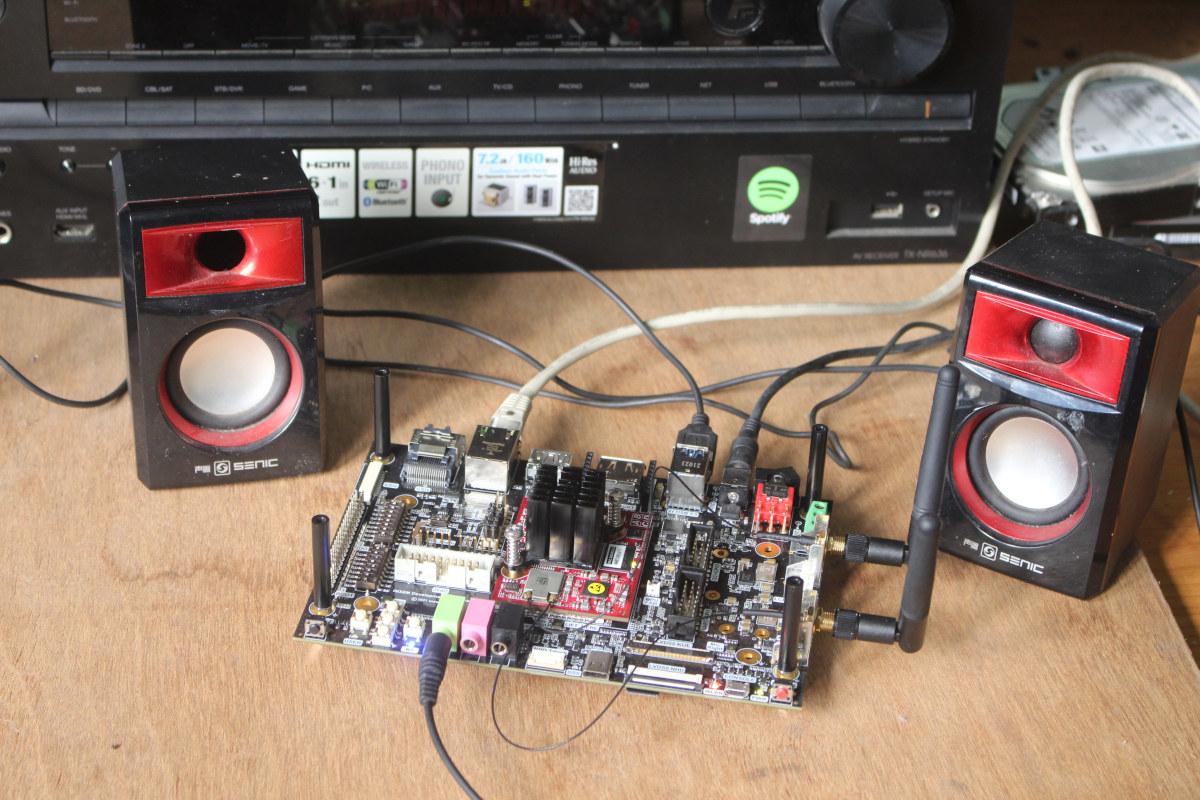Visual programming is now a very popular method to teach programming to kids and M5Stack relies on UIFlow for their ESP32-based IoT development kit. Like most other companies, M5Stack provides either a Web IDE accessible from their server or a desktop program available for Windows, MacOS, or Linux, but the company has now released a local server implementation that allows users to run a Web IDE instance in their local network. The local server is available for Windows 11 x64, MacOS, Ubuntu 22.04, and Linux Arm (e.g. Raspberry Pi), so I downloaded the Ubuntu version to give it a try on my laptop. Somehow the Ubuntu release is full of Windows DLLs, but let’s ignore that for now, and the README.txt tells us to install one dependency and run the program as follows:
|
1 2 |
apt install ttf-mscorefonts-installer ./UIFlow.Server.Desktop |
A window pops up letting us start or stop the server. It can be accessed with […]


